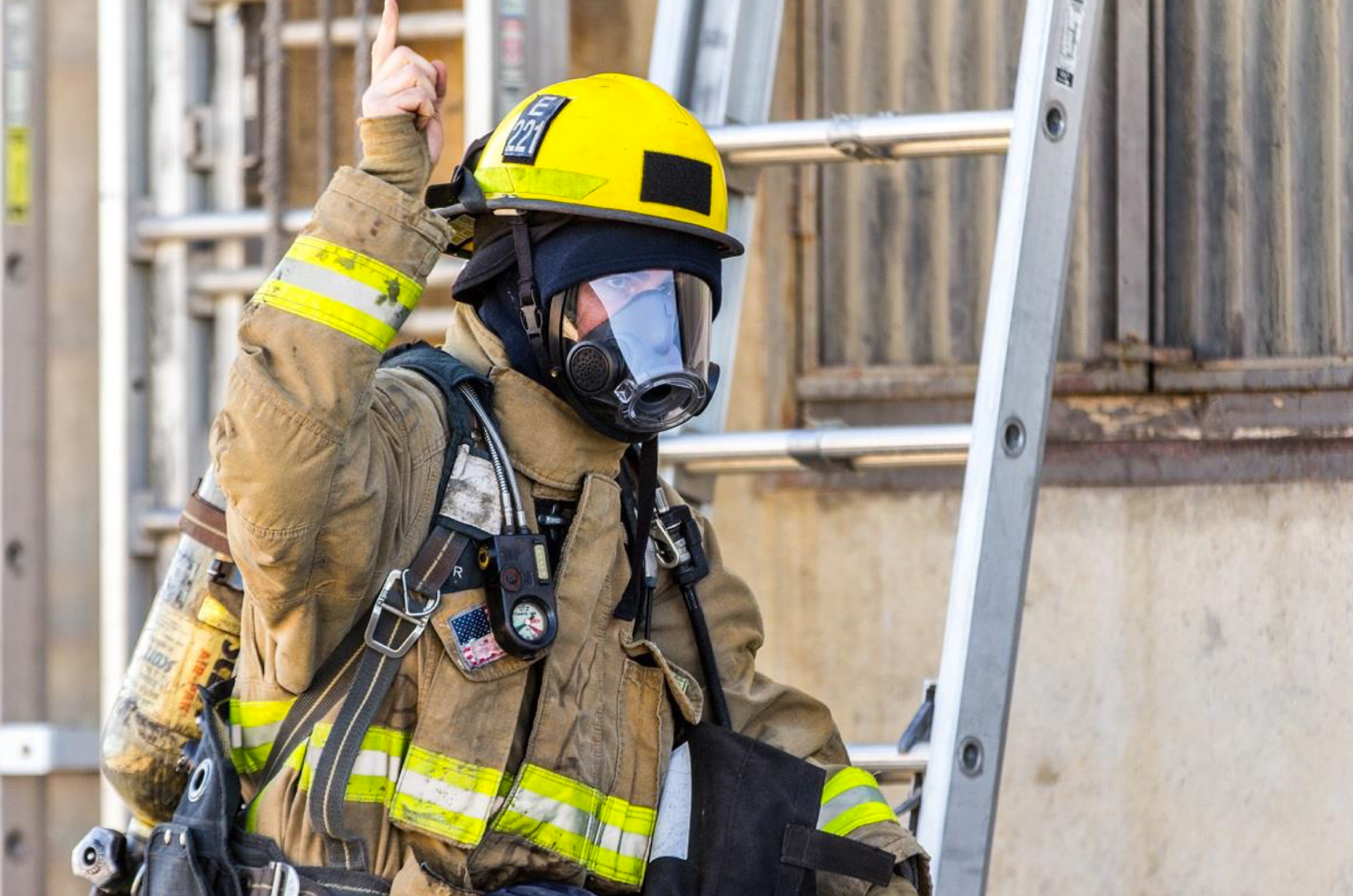The Risk Dialogue Foundation identified recommendations for improving training, information and communication for the employees of emergency risk sectors teams for the German Federal Ministry for the Environment, Nature Conservation and Nuclear Safety. This concerns, among others, emergency workers who have a central role in managing the crisis situation in the event of a radiological emergency.
A study by the Risk Dialogue Foundation on radiological emergencies illustrates, that the uncertainty associated with radioactive radiation is big among the population. Depending on the task force, people are differently prepared for such missions. Concerns about one’s own health and that of one’s relatives, dealing with the unsettled civilian population, as well as physical exertion make a mission in this setting particularly stressful. Accordingly, it is important to support the population handling the so-called psychosocial stresses. Therefore, the research project investigated in protection, information and communication needs of employees who are professionally deployed in a potential radiological emergency. These findings should help to better understand what helps the emergency workers to remain operational despite high stress and to better process their experiences after the mission. This is particularly important to prevent the development of long-term stress-related illnesses.
With the involvement of all relevant organizations of the emergency sector, informational and protectional needs were collected. Furthermore, initial approaches and measures to address these needs were developed in a workshop. From this, the project team derived recommendations in the areas of training, information and communication to support emergency responders in dealing with psychosocial stress. Different conditions for different groups, who are deployed during such an emergency, were taken into account. The aim of the project was thus to formulate concrete and group-specific measures on a primarily conceptual level in order to ensure recommendations that are as close to the situation as possible. The full report can be downloaded here.

